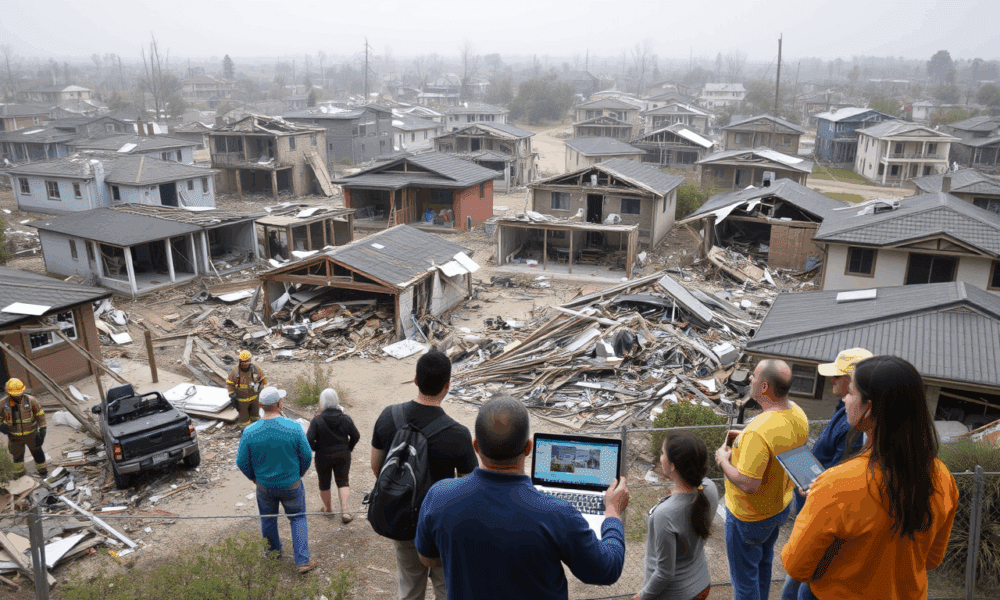
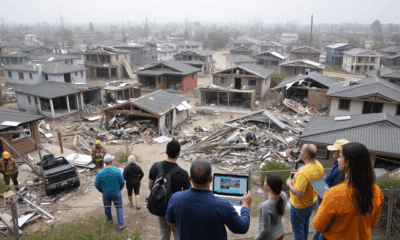

Traditional methods of assessing damage after a disaster can take weeks or even months, delaying emergency response, insurance claims and long-term rebuilding efforts. New research might...
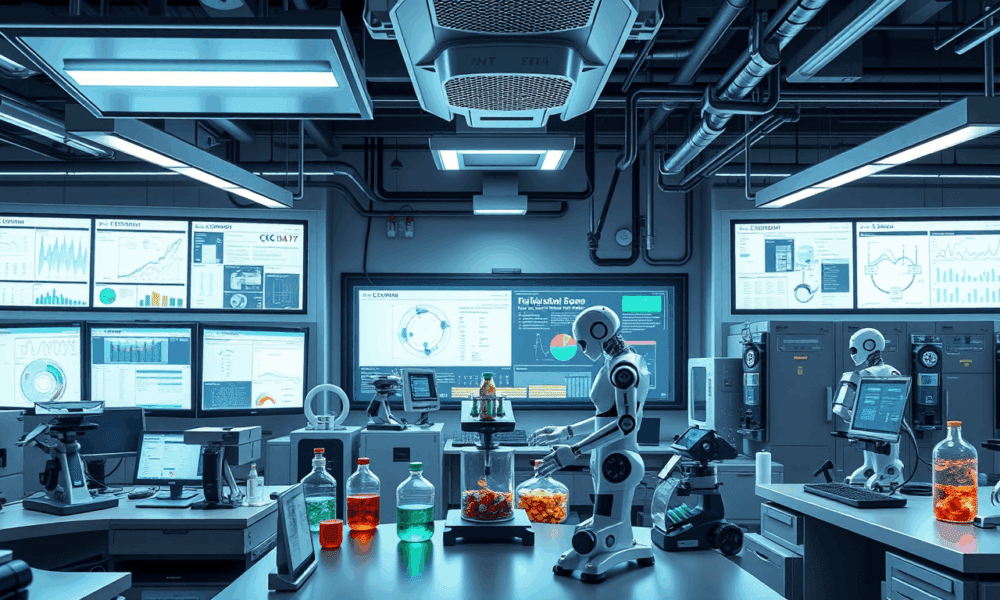
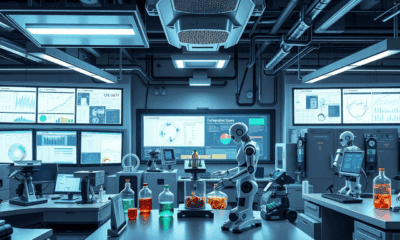

Researchers have developed a digital laboratory (dLab) system that fully automates the material synthesis and structural, physical property evaluation of thin-film samples. With dLab, the team...
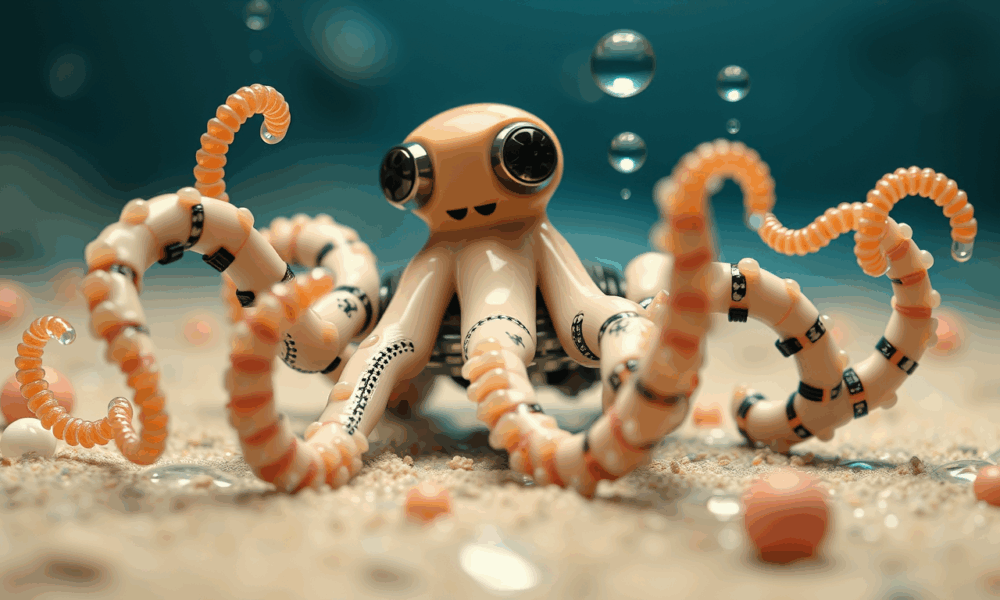


Scientists inspired by the octopus's nervous system have developed a robot that can decide how to move or grip objects by sensing its environment.



A new study outlines how artificial intelligence-powered handwriting analysis may serve as an early detection tool for dyslexia and dysgraphia among young children.



A new game-based experiment sheds light on the tradeoffs people are willing to make about data privacy.



Listen to the first notes of an old, beloved song. Can you name that tune? If you can, congratulations -- it's a triumph of your associative...
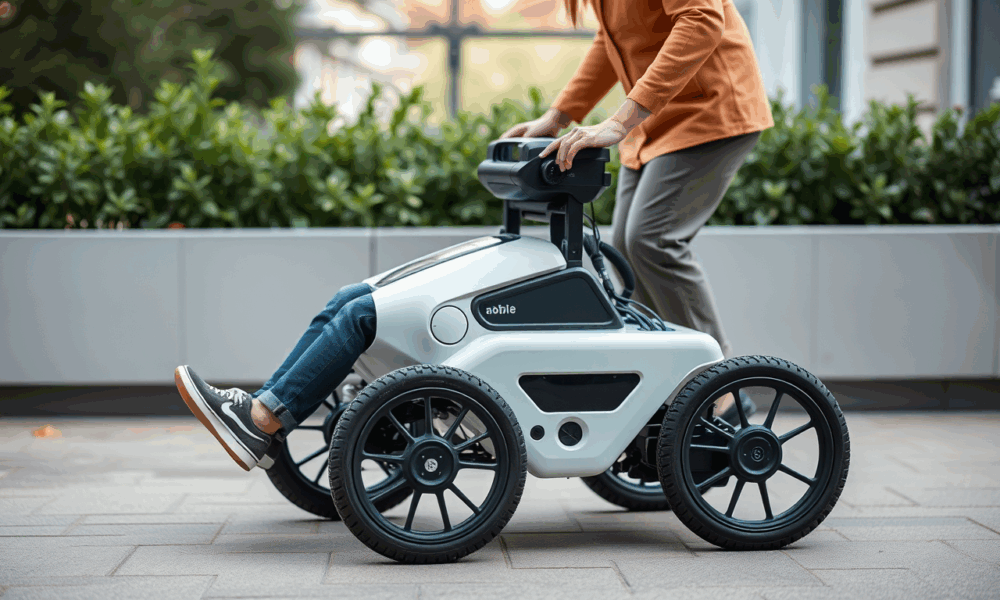
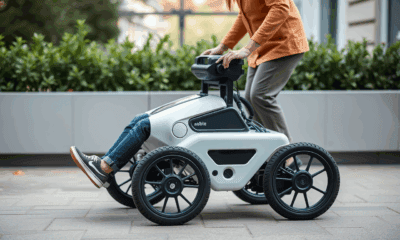

Engineers built E-BAR, a mobile robot designed to physically support the elderly and prevent them from falling as they move around their homes. E-BAR acts as...
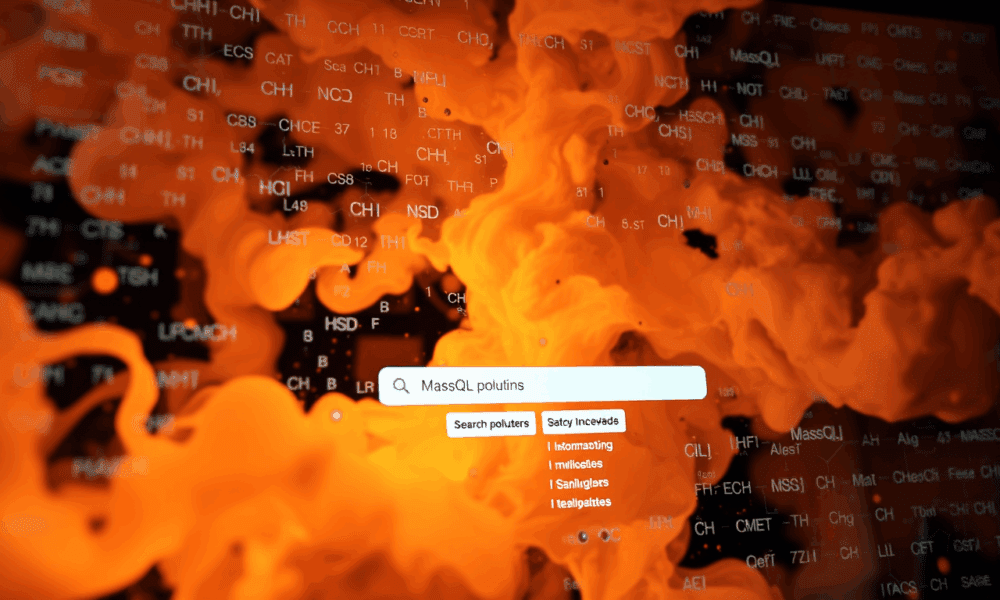
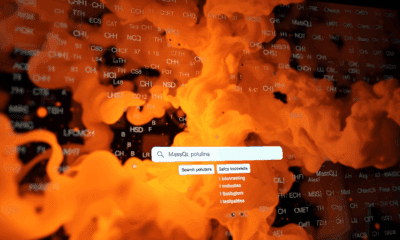

Biologists and chemists have a new programming language to uncover previously unknown environmental pollutants at breakneck speed -- without requiring them to code.



A team has developed Boccia XR, a rehabilitation program using extended reality technology that can be introduced even in environments with limited space.
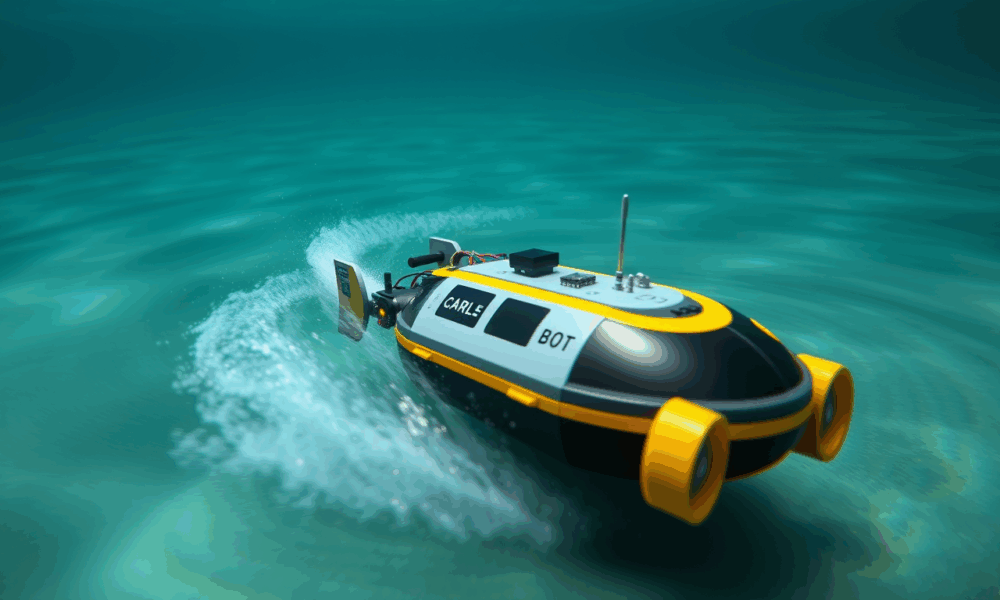
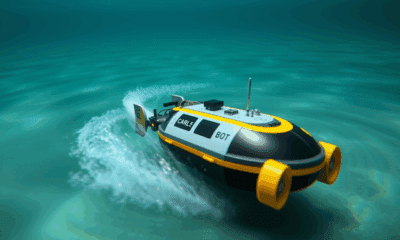

Engineers have taught a simple submarine robot to take advantage of turbulent forces to propel itself through water.